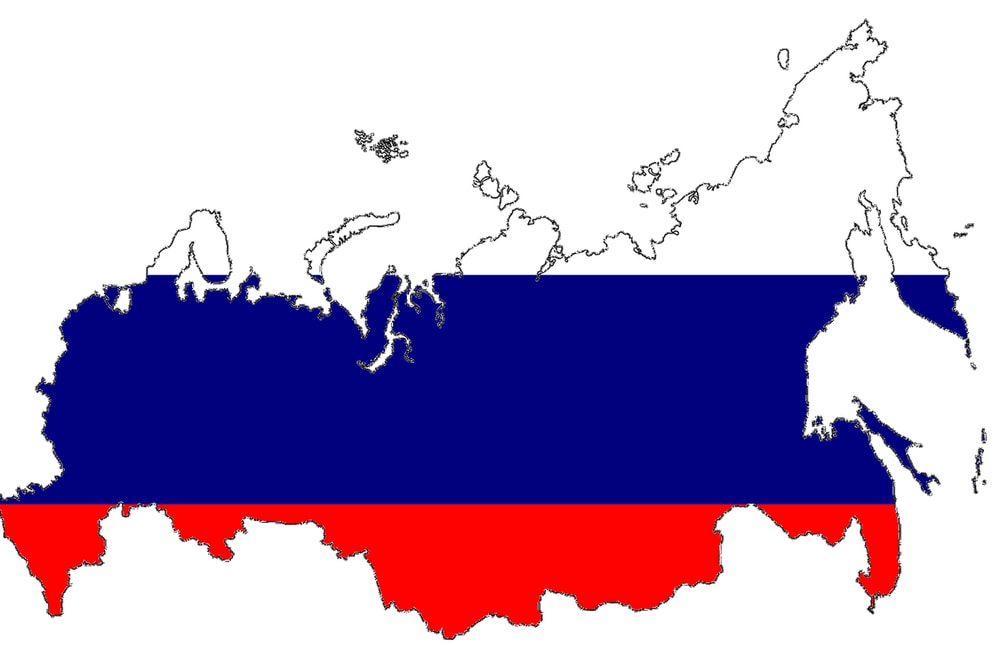Russia will test cryptocurrency payments for international transactions, aiming to overcome payment difficulties due to sanctions.
The Russian Federation will begin testing cryptocurrency exchanges and digital token payments for international transactions on September 1. According to a Bloomberg report, this move aims to help Russian companies overcome payment difficulties caused by international sanctions.
Proposed Crypto Trial
Under central bank supervision, Russia’s crypto trials, starting September 1, will use the National Payment Card System (NPCS), which is said to be the ideal choice due to its existing infrastructure and central bank regulation. The test will involve the conversion of the Russian Ruble to crypto.
If the trials are successful, Russia may allow the Moscow Exchange and St. Petersburg Currency Exchange to set up crypto platforms next year. This would enable more widespread adoption of cryptocurrencies in Russia’s financial system and provide a regulatory framework for cryptocurrency trading and exchange operations in Russia.
Why Russia Plans to Adopt Crypto
In June, the United States expanded its sanctions parameters, affecting Russian businesses and individuals. These sanctions have severely affected Russia’s ability to conduct international trade, making it challenging for companies to pay foreign suppliers for goods and services and receive payments for exports.
The sanctions have strained Russia’s economy, and to curtail these ugly effects, the government is exploring payment methods to maintain international trade. The parliament passed bills in July to test crypto for cross-border payments under central bank supervision. President Vladimir Putin signed them on August 8, paving the way for the upcoming trials.
Traditional Payment vs. Crypto
Traditional international payment methods, such as wire transfers, are often plagued by slow processing times, exorbitant fees, and regulatory hurdles, making them less efficient in conducting cross-border transactions.
Cryptocurrencies are a superior alternative, enabling transactions to be executed almost instantaneously, with lower fees and no intermediaries. When used as a cross-border payment, they reduce the payment process, complexity, and costs associated with international trade.
Russia’s move to test crypto for international trade aims to reduce its dependence on traditional payment systems and find new ways to conduct global transactions. By leveraging cryptocurrency, the federation can limit risks associated with conventional payment methods, such as sanctions and asset freezes.

